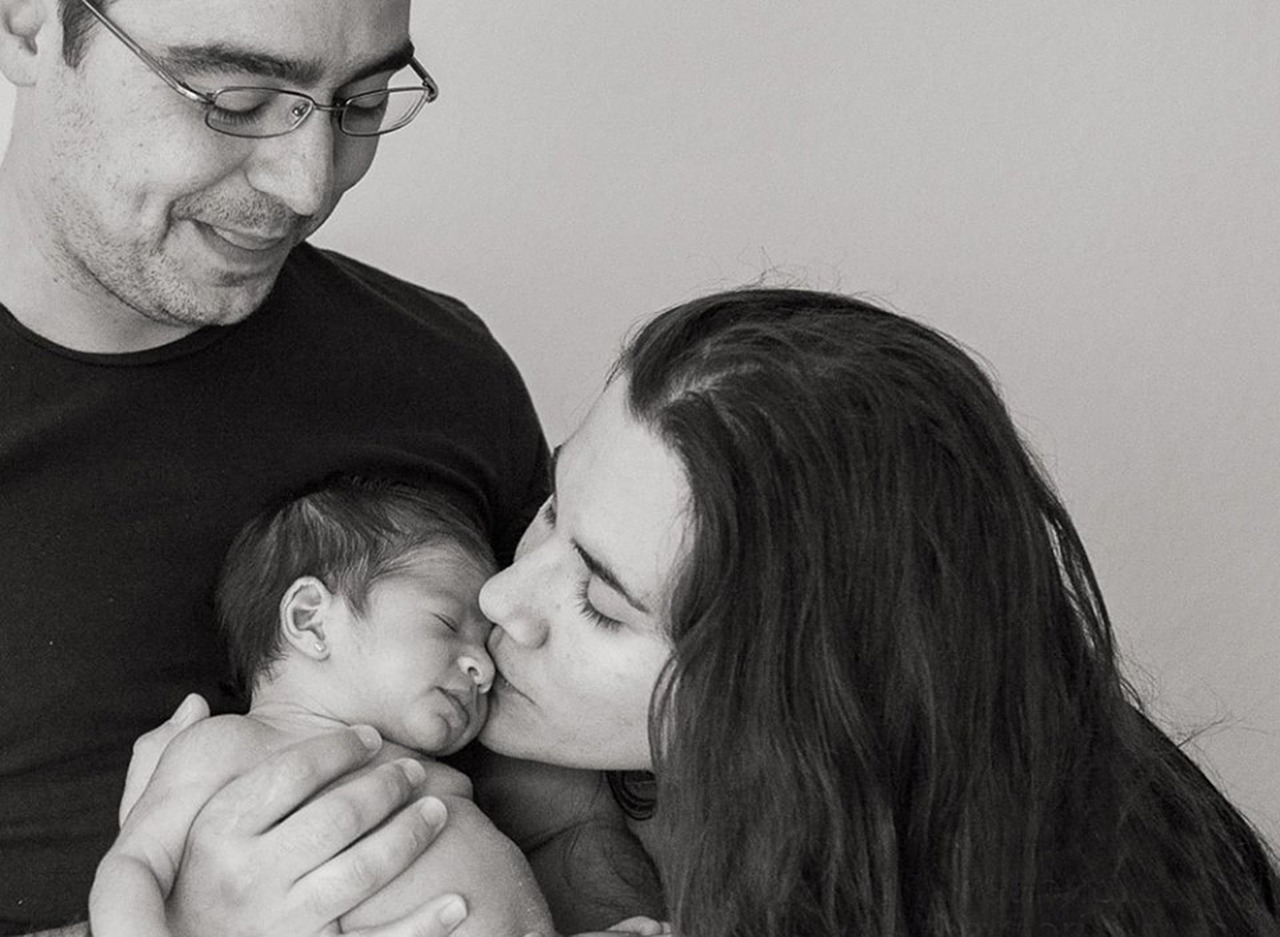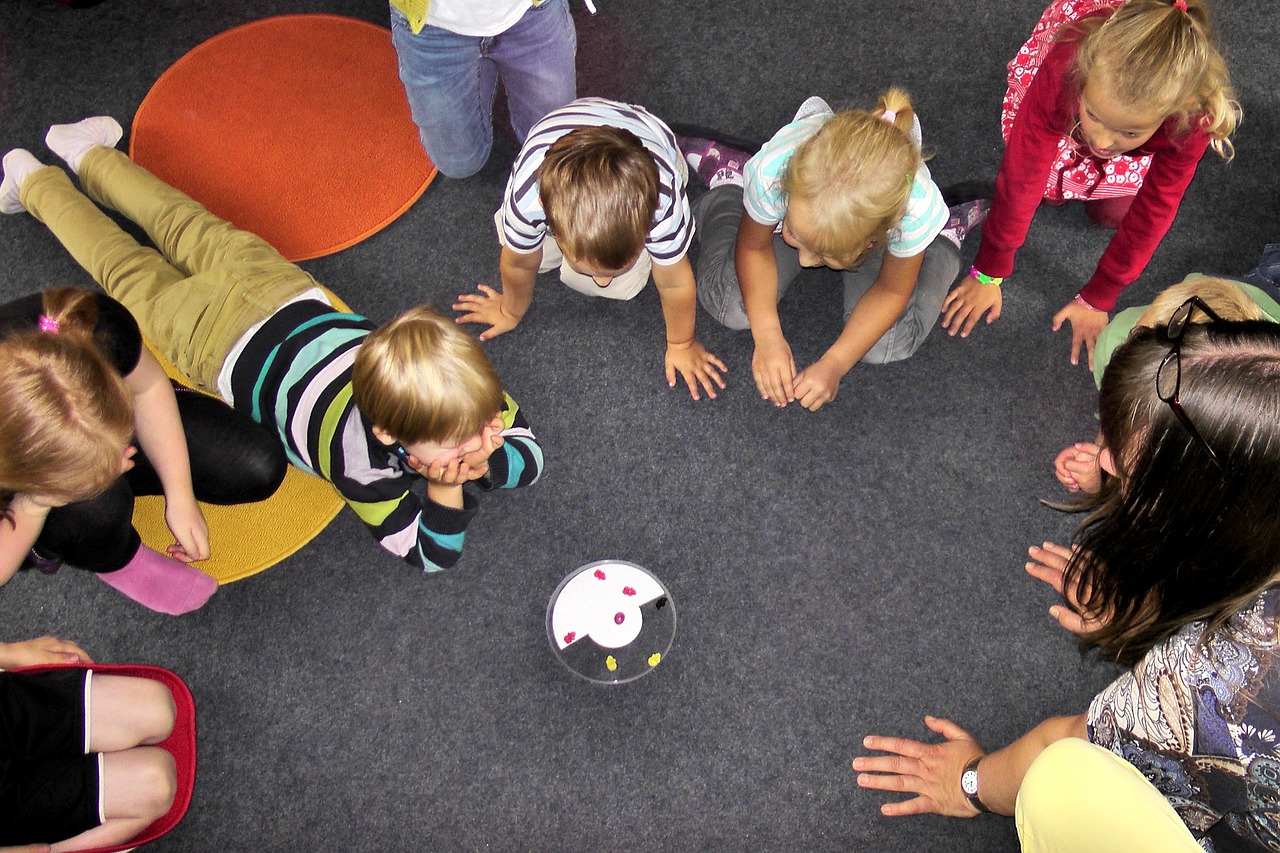
It never fails to cross the minds of keen and anxious parents to ensure that what they expose their children to is nothing short of the highest quality, particularly when it comes to education and healthcare. In healthcare, we are assured of qualified services through medical personnel who, by law, need to be fully trained in administering medical services. How certain can we be of educational services being of good quality and developmentally appropriate? Currently, legal requirements spell out minimum requirements for early years settings, and it is left to the parent to gauge how good an educational programme may be. This may be in the form of observing children during a preschool session or of interviewing staff at the intended school.
One way of being assured of sound practices at a preschool is by seeking its acceptance by the community and by the profession. But how sure can we be? One can refer to an established and authoritative body to be reassured of the quality of any one preschool, for example, an accrediting body. In this context, the target for accrediting bodies is to pinpoint and support “best practices” in early childhood environments. It defines standards of quality and helps parents of potential students as well as the government identify policies and recognize high-quality programmes for young children.
When a school is accredited, a parent can understand that it has gone through some form of “soul-searching” involving the entire community of the school including parents of the school-going children and the staff. It has gone through an opportunity to “audit” itself as the process involves sessions of self-study to check that good practices are in fact adhered to. Where this is not the case, the school has the opportunity to re-exam and recalibrate their practices into better ones. This process would involve good-governance, curriculum and learning goals, financial and human resource policies, health and safety practices, physical facilities, and teacher-training.
An accredited school would illustrate its efforts in achieving its own mission and vision, and whether the school is keeping its “promise to the world” in keeping to what it says it is and, indeed, doing what it states it does. In a way, the school is continuously being put in a mode of workinprogress, keeping it alert in maintaining the quality standards it aspires to achieve thereby continuously improving every day. This not only benefi ts the school, which is empowered by their self-evaluation, but it reassures parents and teachers alike that a standard of excellence recognized globally is being practiced. For example, to be eligible for accreditation, most accrediting bodies would require that the school concerned must have operated for a few, say, minimum of three years. Furthermore, in-house or appointed training and consultation is not an unusual feature of an accredited school that seeks ongoing professional development for their teachers.

An accrediting organization seeks to protect the interest of children, their parents, and the teachers of a school, as through accreditation, one can expect high quality services for all. For example, in Montessori preschools, an accreditation of the same will reassure all concerned that children who go to such schools are trusted and respected in exercising their need to learn through freedom of choice and in a prepared learning environment that naturally supports the development of the child.
Teachers who work in an accredited school are reassured that it is expected to have fully qualified teachers, aiming for the same for all teachers. The teacher can also be satisfied that a quality learning environment will support the child and also enhance the teacher’s continuous professional development as the work being carried out are to the highest quality standards.
Schools that are accredited have the knowledge that its operations are along recognized standards of practice. They can differentiate themselves from other schools which appear less able to demonstrate to parents and government departments they are committed to continuous self-appraisal and improvement in their quality.
This can only mean good news for our early years students as they are assured of a good start to their academic journey. Not only is the parent at ease in being able to choose and offer the best quality of education to his child in enrolling in an accredited school, but as a team, teachers, policy-makers and educators alike can continually go through both personal and professional development as every individual collaborates to commit to excellence.
Contributed by Aisha Z. Abdullah, President, Montessori Association of Malaysia (fondly known as “MAM”) which has as part of its core objectives the advocacy for and protection of children through accreditation of Montessori preschools, a quality assurance programme.
"ExpatGo welcomes and encourages comments, input, and divergent opinions. However, we kindly request that you use suitable language in your comments, and refrain from any sort of personal attack, hate speech, or disparaging rhetoric. Comments not in line with this are subject to removal from the site. "






















